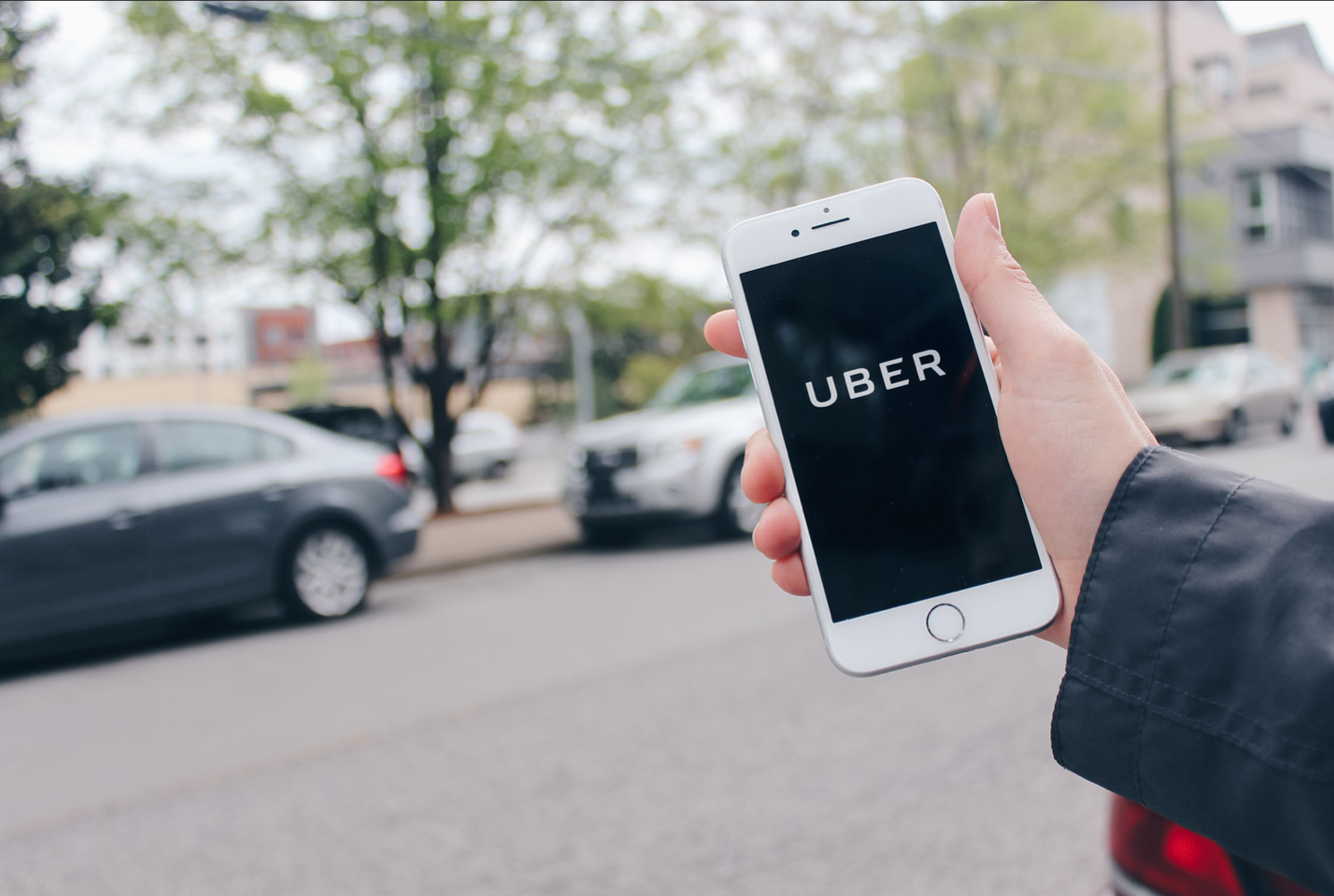Opponents of Seattle's deep-bore tunnel lost a big one yesterday. A voter referendum they hoped might kill the plan to replace the aging Alaskan Way Viaduct with a massive underground highway went down in a 60-40 vote, following a superior campaign by pro-tunnel forces.
We've reported before how this exorbitantly expensive highway project will retrench car dependence in Seattle while exhausting resources that could be used to advance environmentally and financially sustainable solutions like better transit and cycling amenities.
Just a few months ago, energized project opponents handily gathered the 29,000 signatures needed to take their fight to the ballot. While lacking the financial resources of deep-pocket downtown supporters, it seemed the anti-tunnel coalition had momentum and public opinion on their side.
But along the way, the opposition group stumbled while tunnel-proponents found a way to capitalize. Sandeep Kaushik at PubliCola is sorting through the rubble of the campaign and delivers this post-mortem:
So what happened? The campaign happened. As the Let’s Move Forward pro-tunnel side ran an effective, disciplined campaign — central message: tens years of debate is long enough, it is time to move forward — the anti-tunnel forces floundered, making a series of strategic and tactical errors that damaged their cause.
Their voter guide statement promised that a no vote would lead to “a better solution” but they completely avoided even a hint of what that solution might be. That 8-page Protect Seattle Now insert in the Times? It begins with the all caps headline, “SEATTLE, WE CAN DO BETTER THAN THIS,” but nowhere in the brochure did they provide any mention of what they meant by “better.”
I wish surface-transit supporters had been more forthright, and put a measure on the ballot that offered a clear choice between their preferred option and the tunnel. I understand why they didn’t do that. They believed that they would have won fewer votes if they were open about the solution they supported. But they might have won mine.
Perhaps the pro-transit, pro-livability forces in Seattle should have heeded the lessons from this Mineta Transportation Institute study [PDF] on success factors in transit referendums, which emphasizes the importance of a savvy marketing campaign.
Elsewhere on the Network today: Copenhagenize compiles an exhaustive list of research showing that bike infrastructure is valuable and effective, then contrasts it with the paltry, inconsistent and partisan counter-evidence. Cap'n Transit asks what it would take to make New York's rail transit operate at a profit, like Hong Kong's system. And Pattern Cities reports on the various groups installing swings to liven up random locations around U.S. cities, including bus stops.





